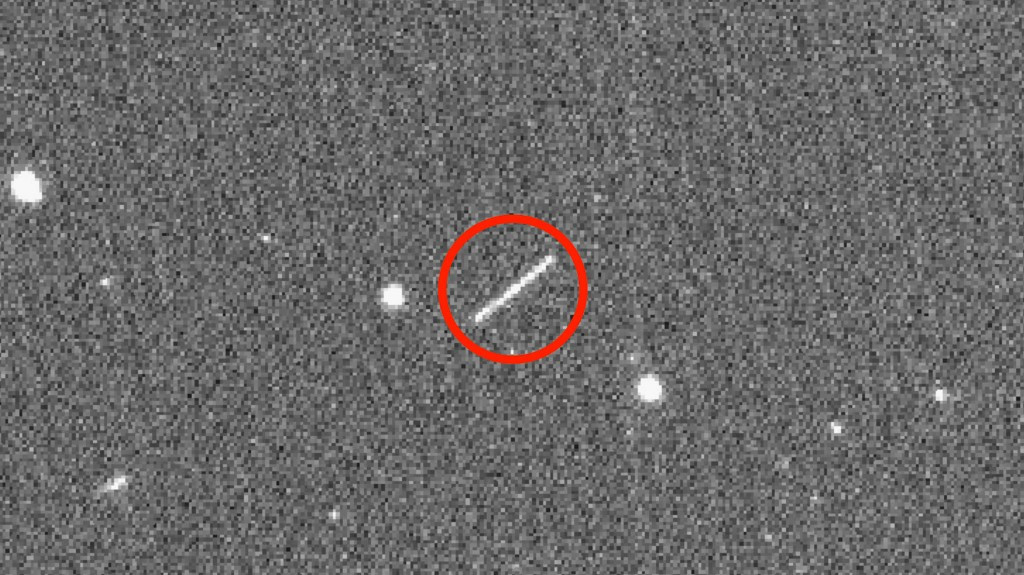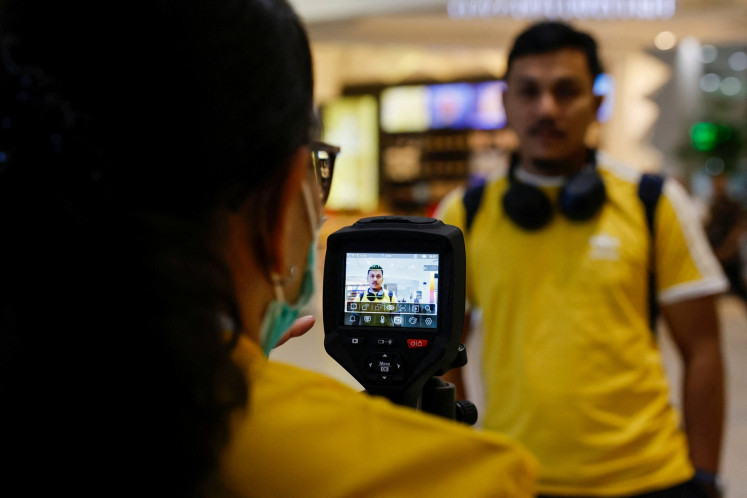Popular Reads
Top Results
Can't find what you're looking for?
View all search resultsPopular Reads
Top Results
Can't find what you're looking for?
View all search resultsSmall asteroid becomes closest ever seen passing Earth: NASA
An asteroid the size of an SUV passed 1,830 miles (2,950 kilometers) above Earth, the closest asteroid ever observed passing by our planet.
Change text size
Gift Premium Articles
to Anyone
A
n asteroid the size of an SUV passed 1,830 miles (2,950 kilometers) above Earth, the closest asteroid ever observed passing by our planet, NASA said Tuesday.
If it had been on a collision course with Earth, the asteroid -- named 2020 QG -- would likely not have caused any damage, instead disintegrating in the atmosphere, creating a fireball in the sky, or a meteor, NASA's Jet Propulsion Laboratory (JPL) said in a statement.
The asteroid, which was about 10 to 20 feet (three to six meters) long, passed above the southern Indian Ocean on Sunday at 0408 GMT.
It was moving at nearly eight miles per second (12.3 kilometers per second), well below the geostationary orbit of about 22,000 miles at which most telecommunication satellites fly.
The asteroid was first recorded six hours after its approach by the Zwicky Transient Facility, a telescope at the Palomar Observatory at the California Institute of Technology, as a long trail of light in the sky.
Read also: Dimming of one of galaxy's brightest stars 'caused by dust cloud'
The US space agency said that similarly sized asteroids pass by Earth at a similar distance a few times per year.
But they're difficult to record, unless they're heading directly towards the planet, in which case the explosion in the atmosphere is usually noticed -- as in Chelyabinsk, Russia in 2013, when the explosion of an object about 66 feet long shattered windows for miles, injuring a thousand people.
One of NASA's missions is to monitor larger asteroids (460 feet) that could actually pose a threat to Earth, but their equipment also tracks smaller ones.
"It's really cool to see a small asteroid come by this close, because we can see the Earth's gravity dramatically bends its trajectory," said Paul Chodas, the director of the Center for Near-Earth Object Studies at NASA.
According to the JPL's calculations, the asteroid turned by about 45 degrees due to Earth's gravitational pull.











